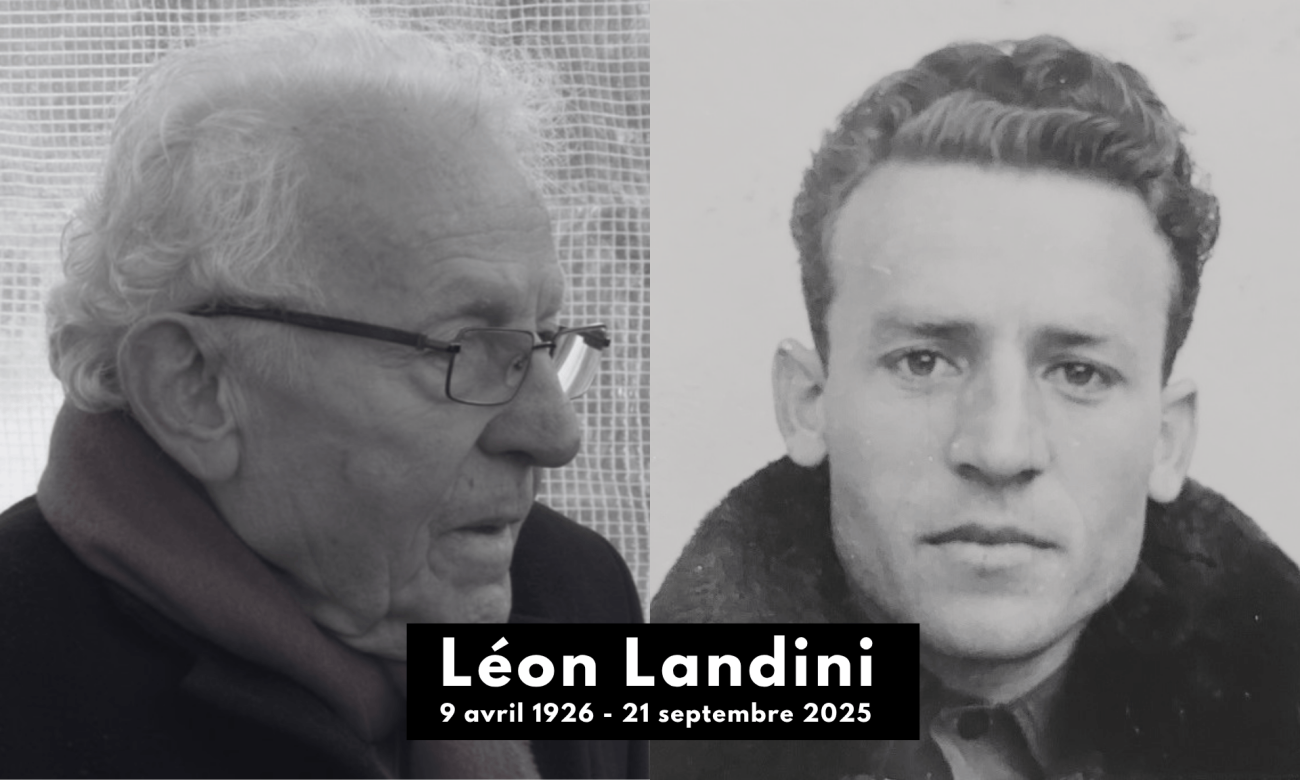The video above features the song Running Up Hill by Derry singer-songwriter Declan McLaughlin and is reproduced here with thanks.
*****
With the release, on 15 June 2010, of the report by the Saville inquiry into the events of Bloody Sunday in Derry on 30 January 1972, the British state has finally been forced to admit what the Irish people, and people throughout the world, have known for the last 38 years: namely, that all the dead and injured were completely innocent and that the killings by the British army’s parachute regiment that day were “unjustified and unjustifiable”.
Speaking in Derry as the report was released, Sinn Fein president, Gerry Adams MP, said:
“Today is a day for the families of those killed and those injured on Bloody Sunday.
“They have campaigned for 38 years for the truth and for justice. They have campaigned for the British government to end their policy of cover-up and concealment.
“The facts of what happened on Bloody Sunday are clear – the British Paras came to Derry and murdered 14 civil rights marchers and injured 13 others. They were unarmed, they posed no threat and they were completely innocent.
“Today, Saville has put the lies of Widgery [a whitewash enquiry into the events ordered by the British government in their immediate aftermath] into the dustbin of history, and with it the cover-up which was authorised at the highest levels within the British establishment and lasted for almost four decades.”
The Communist Party of Great Britain (Marxist-Leninist), which upholds the right of the Irish people to self-determination and stands for an end to partition and the unification of Ireland, joins with the families who lost their loved ones on that fateful day, with the working-class people of Derry, and with their republican leadership, in celebrating the momentous victory they have scored.
An unprecedented apology
It is unprecedented for a British prime minister to have to stand up in the House of Commons and engage in a humiliating act of contrition for the bloody crimes of imperialism’s armed forces. We do not doubt that the words stuck in Cameron’s throat, but they brought joy to our hearts and to those of class-conscious British workers.
Writing in the Guardian, Comrade Gerry Adams poignantly described the atmosphere as the report was released:
“Representatives of all the families spoke. One by one they declared their relative, their brother, their father, their uncle, ‘innocent!’
“Their remarks were interrupted by loud applause. People cried and cheered. Clenched fists stabbed the air. Not the clenched fists of young radicals. These were elderly Derry grannies and granddads. Elderly widows. Middle-aged siblings.” (Bloody Sunday is the defining story of the British army in Ireland, 16 June 2010)
The above title of Adams’ article was a direct response to Prime Minister Cameron’s feeble attempt at face-saving, claiming that: “Bloody Sunday is not the defining story of the service the British army gave in northern Ireland.”
All this is part of an attempt by the British state to cut its losses. Forced to admit blame, at the same time, it would have us believe that this was but one unfortunate incident, the responsibility of one regiment and of one conveniently dead commanding officer. In other words, the British state is continuing to lie through its teeth.
As Tony Doherty, whose father was one of those murdered on Bloody Sunday, told the 15 June crowd in Derry: “The Parachute regiment are the frontline assassins for Britain’s political and military elite.” (Quoted in Adams, op cit)
Serving to underline the point, relatives of the Ballymurphy 11 joined the Bloody Sunday relatives at the head of the march. The Ballymurphy 11, ten men, including a local priest, and a mother of eight children, were murdered in that area of West Belfast by the same parachute regiment, in the 36 hours after the British state introduced internment without trial in August 1971, six months before Bloody Sunday. Their struggle for justice continues and we pledge it our full support.
Likewise, Sinn Fein deputy Caoimhghín Ó Caoláin, speaking in the Dáil (the Irish parliament), called on the Irish government to “press the British government to comply with the unanimous all-party motion adopted by the Dáil nearly two years ago, which called on the British government to release to an international investigation all facts it possesses on the Dublin and Monaghan bombings of 17 May 1974”.
Thirty-three people were killed and nearly 300 wounded in these car bombs, which were much later conveniently claimed by the Ulster Volunteer Force (UVF) loyalist terror gang, but which are widely believed to have occurred with at least the connivance of British intelligence.
Comrade Ó Caoláin went on to rightly state: “The final act of justice will be when every remaining soldier of the British army is at last withdrawn from the six counties.”
Bloody Sunday the rule, not the exception, for British imperialism
Far from being the exception that Cameron implied, Bloody Sunday is not merely the defining story of the British army in Ireland, but also its defining story throughout the world, be it of the Amritsar Massacre in 1919 (for which Shaheed Udham Singh finally took vengeance in 1940), or in countless places in the post-World War 2 period alone, from Korea, Cyprus, Malaya (where British soldiers posed grinning for photos holding the severed heads of captured suspected guerrillas), Kenya (where the British army retains a reputation for mass, systemic rape to this day) and Aden (where British soldiers awarded themselves ‘golliwog’ labels for killing innocent civilians), through the Malvinas and the Balkans, to the contemporary wars in Iraq and Afghanistan.
We should entertain no illusions that the Saville report somehow represents the British state turning over a new leaf. Just this month, former Labour defence minister Adam Ingram was forced to admit that he misled Parliament (generally considered a far more heinous offence than butchering oppressed people!) over the hooding and ‘inhumane treatment’ of Iraqi detainees.
This emerged from the inquiry into the death of Iraqi hotel receptionist Baha Mousa, who was tortured and beaten to death by the British army in Basra in September 2003. Documents disclosed by the inquiry set up into his death show that Ingram was copied on a memo revealing that Baha Mousa was hooded for a total of nearly 24 hours during 36 hours in British military custody before he died. Nine months later, Ingram claimed that hooding was only used while detainees were being transported for security reasons.
A report in the Morning Star noted: “The former minister also told the inquiry that he was not aware of three-decade-old prohibitions on the hooding of prisoners until 2004.
“The ban on hooding, the use of stress positions and other degrading treatment was issued in 1972 by then prime minister Edward Heath after abuses of detainees in northern Ireland.
“But all these measures were routinely used by British forces in Basra and elsewhere in Iraq, even after specific instructions not to do so.
“Mr Ingram, a former northern Ireland security minister, said that he was not aware of the ‘Heath ruling’ until it was referred to in a May 2004 document.” (Ex-minister Ingram misled us on Iraq abuse, 2 June 2010)
How correct Karl Marx was when he observed: “English reaction has its roots in Ireland.”
Our party proudly calls for victory to the Iraqi and Afghan resistance, precisely so that the countless Baha Mousas do not, like the brave people of Derry, have to wait 38 years for justice and vindication.
What the British state has reluctantly conceded after nearly four decades was always as clear as daylight. As the Communist Party of China wrote at the time:
“Why don’t you show any respect … for the just wishes of the northern Irish people to have their democratic rights, since you always talk about respecting ‘the wishes of the people’? You have made a hullabaloo about a ‘civilised solution’, but why have you acted so barbarously in slaughtering the northern Irish demonstrators and why are you continually sending troops and police to carry out armed suppression on a larger scale? …
“The bloody suppression of the northern Irish people by the British government once again reveals its so-called ‘civilisation’.” (Firmly support the northern Irish people’s just struggle, People’s Daily, 8 February 1972)
The liberation struggle continues
British imperialism’s belated acknowledgement of the dreadful crime it committed in Derry on 30 January 1972 may be attributed to two factors above all:
To the courage, dignity, strength and resilience of the bereaved families; and
To the tenacious struggle waged by the republican movement and the nationalist community, principally the armed struggle waged by the IRA, which finally opened the door to a political process that is slowly but surely going in the direction of a united Ireland.
British imperialism, like all reactionary forces, despises the weak and fears the strong. Its preferred modus operandi when oppressed people rise up is to drown them in blood, ride out the ensuing political storm, if there is one, and continue raking in the loot.
The risen Irish people denied them that option. As an ITN journalist observed, the IRA made the British army pay a high price for Bloody Sunday in the ensuing years, with more than 600 soldiers dead and many more wounded.
The victory of the Bloody Sunday relatives comes at a difficult time for British imperialism, with, as we have noted above, imperialist wars being fought in Iraq and, especially at the present time, Afghanistan, as well as with the savage economic crisis raising the spectre of possible unrest at home.
With the mawkish ‘welcome’ afforded the steady stream of coffins as they pass through the town of Wootton Bassett, military parades in such working-class towns as Barking, and the attempts to criminalise militant protests by sections of the muslim community to such displays, we need to hammer home the point that participation in an imperialist war does not make you a hero. It makes you a criminal.
The real heroes are those like the Bloody Sunday families, the Afghan resistance, Military Families Against the War, and soldiers like Joe Glenton, who would rather serve time than fight in an unjust war.
In saluting and paying tribute to the Bloody Sunday families, the people of Derry, the republican movement, and the risen Irish people on their significant victory, the CPGB-ML commits itself to playing its part in the ongoing struggle to realise a free, sovereign and united Ireland and to see the day when British troops are no longer able to rampage in Ireland, Iraq, Afghanistan or any other country.
In the words of Bobby Sands: “Our revenge will be the laughter of our children.”















